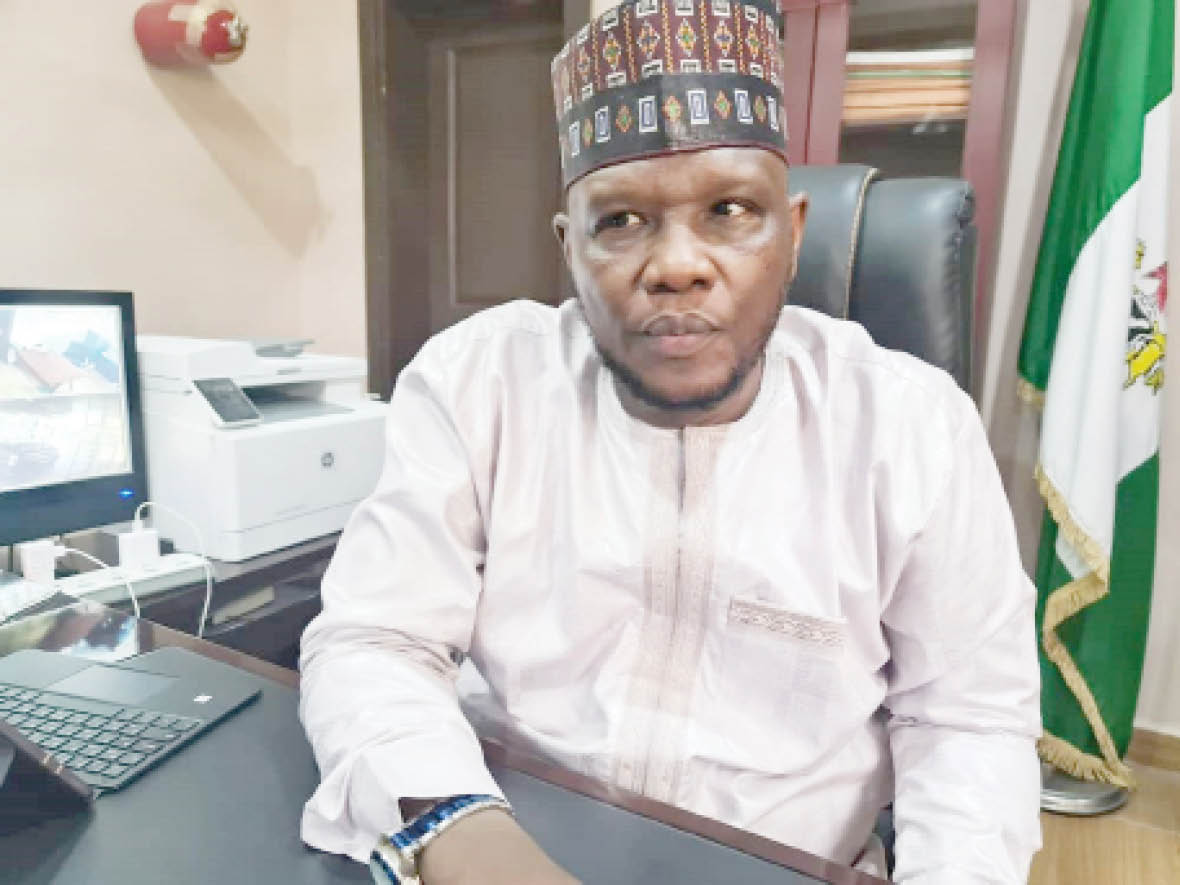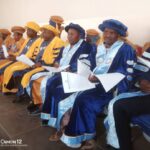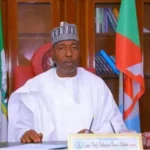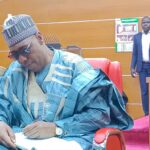Mohammed Alkali is the Executive Chairman of the Borno State Internal Revenue Service (BO-IRS). Here, he explains the changes carried out to improve accountability and efficiency in the service.
You worked with the Federal Inland Revenue Service (FIRS) before your appointment as Executive Chairman of BO-IRS. How did you meet BO-IRS?
We found it doing well, but there were gaps which should have been closed. In fact, what we are doing now is to build on what they were doing and try to close some of the gaps. We discovered that there were gaps in terms of compliance with the relevant acts, as well as in human resources, because there were only 113 employees, and the last time a recruitment exercise was conducted was 20 years ago despite the fact that the work and the scope of the service was expanded. So, we immediately engaged 88 ad hoc personnel, mostly graduates in business-related courses, including economics, finance, banking and statistics, in February and we paid their salaries punctually. They have impacted our operations because we are using them to raise the compliance level in terms of taxation.
- 4 policemen, 44 others killed in gunmen attacks
- Northern elders kick as Ondo introduces Oodua Anthem in schools
How do you handle the many challenges associated with revenue collection?
We collect through Remita, an electronic payment platform, but the majority of the taxpayers go to the banks and pay into our accounts. We do not collect cash.
We have a unified revenue collection system, and there are 41 generating agencies on it; we are getting the remaining agencies to join the system by June, 2021. The second automation project we have is automating capital base tax and stamp duty tax administration. We are working with the same vendor that worked with the FIRS. Once the system is automated, people paying stamp duty can use the online payment channel to pay.
There are over five LGAs that are on the unified system, including Maiduguri Metropolitan, Jere, Kaga, Konduga, Goza and Biu. In Maiduguri and Jere for instance, about N200,000 each was collected daily, but with the arrival of the system, we now collect about N1.2m daily in each; which translates to about 400 per cent increase. The system has blocked some leakages.
You generated N4bn between January and April, was that your target?
The money generated was over N4bn. The House of Assembly gave us a target of N8.2bn and we almost hit the target because we generated N7,367,905,988 as at May 18, which was 85 per cent of our target. The service also set a target for itself; which was N12bn, and from the look of things, we should be able to generate N16bn before the end of the year.
This is despite the insurgency which has disrupted economic activities in the state. There are inaccessible areas. Out of the 27 LGAs, only 16 are accessible, and luckily for us 90 per cent of the population and economic activities happen in these relatively peaceful 16 areas. Northern Borno for instance is inaccessible because of the insurgency and no one is talking about taxation; you do not tax anybody, unless they have taxable income and taxable activity.
How do you handle withholding tax collection on rent?
Section 69 Sub-Sections 1 and 2 of the Personal Income Tax 2004 (as amended) requires that as an individual or enterprise, if you have a facility, be it a residential quarters, shopping complex, office or warehouse and you receive rental income from them, you are required to deduct 10 percent and pay it to the service. This is rather not a tax, but an advance payment of personal income tax, because the payment shop-owners do on rent will drop into their revenue accounts as a credit and at the end of the year when they file their personal income taxes they use the withholding as a credit to offset the personal income tax. Our consultant has mapped 10,000 shops and offices in highbrow business areas in Maiduguri. We received the mapping data and issued assessment notices and demand notices and many of the owners have paid. So far we have collected N100m from it. We intend to do further mapping and issue notices because the plan is to cover the entire state.
For the mapping of the 10,000 shops, we paid just N2m and each shop was given a unique number and linked to the GPS.
To improve personal income tax compliance activities, we use banking data of taxpayers so that if a person or enterprises has not filed, we bring them to pay, and if they have filed and the filing information is inadequate in light of this data, we give additional assessment to regularize their filing.
You may not have all the data you need to work with, do you collaborate with other agencies?
We mostly reach out to the federal Inland Revenue Services (FIRS) and collect a copy of the audited account of each taxpayer in the state, and so far we have over 60 annual accounts.
We are doing a similar collaboration with the Federal Ministry of Finance on their Light House Project which has the database of all individuals that have property in Nigeria and abroad. We bring those from this state to tax and collect the withholding tax on the rental income they receive on the property in the state and personal income tax.
Governor Babagana Zulum has been supportive because when we started the unified revenue collection system, some of the agencies tried to resist and reported to him, but every time he referred them back to us.
Also, every month, we render our collection returns to the accountant general of the state. We get our collection dues to carry out our operations. The House of Assembly has given us adequate support too.

 Join Daily Trust WhatsApp Community For Quick Access To News and Happenings Around You.
Join Daily Trust WhatsApp Community For Quick Access To News and Happenings Around You.


